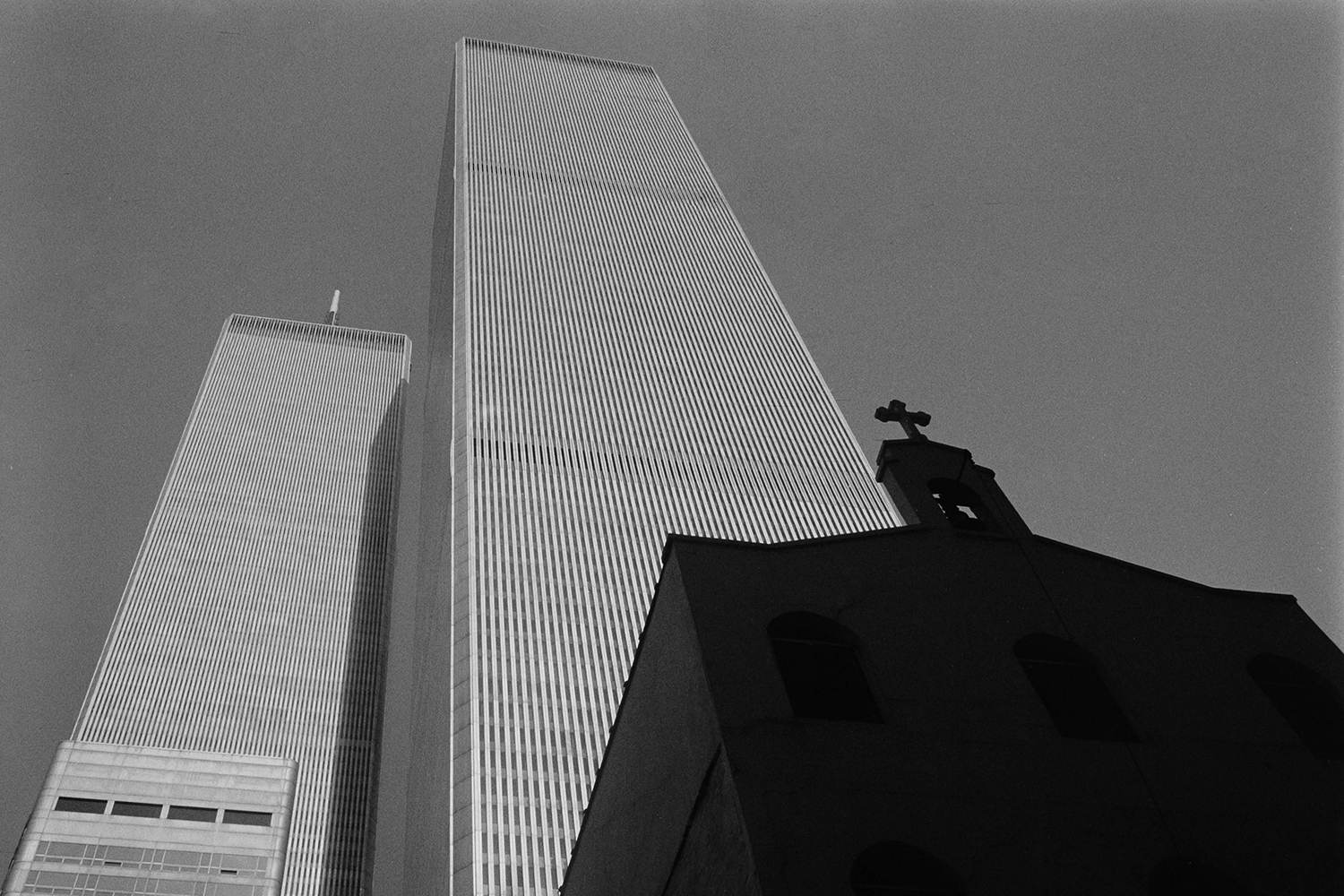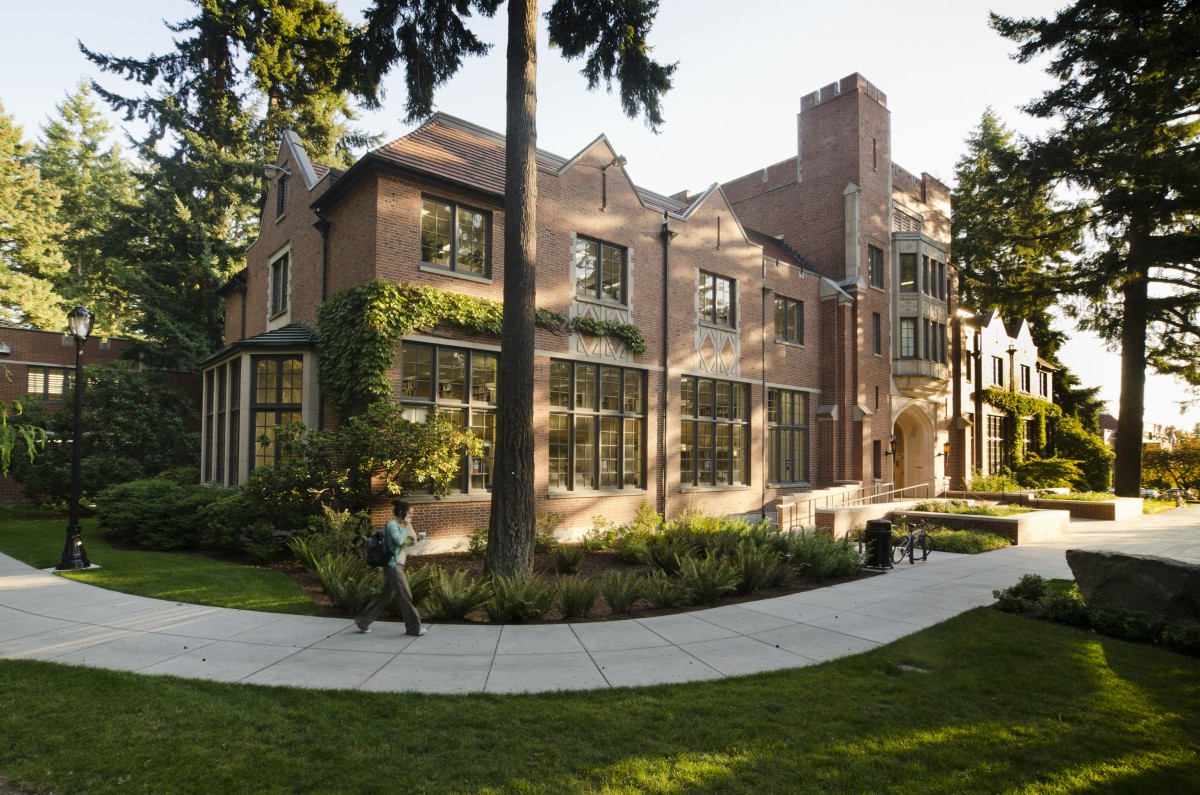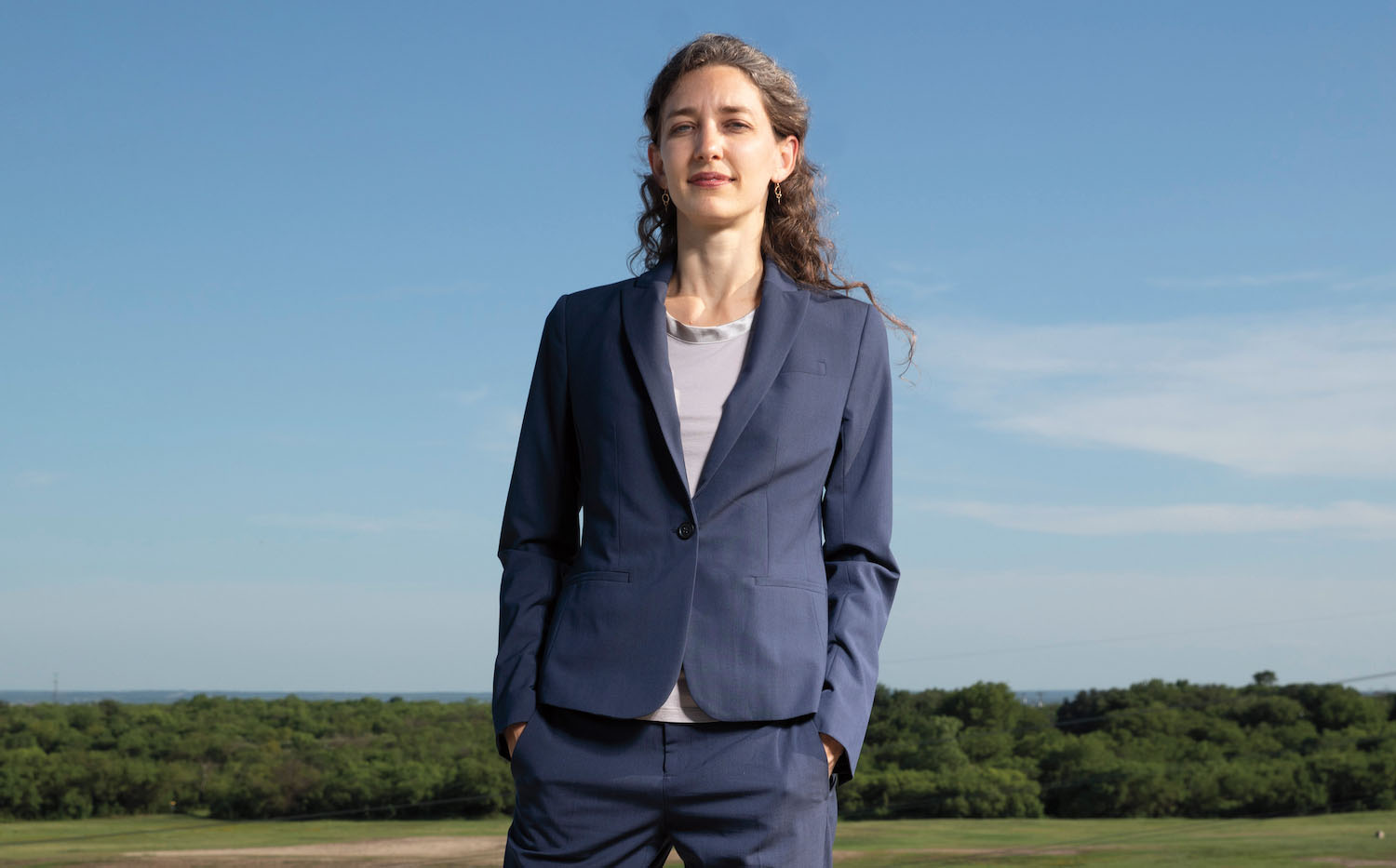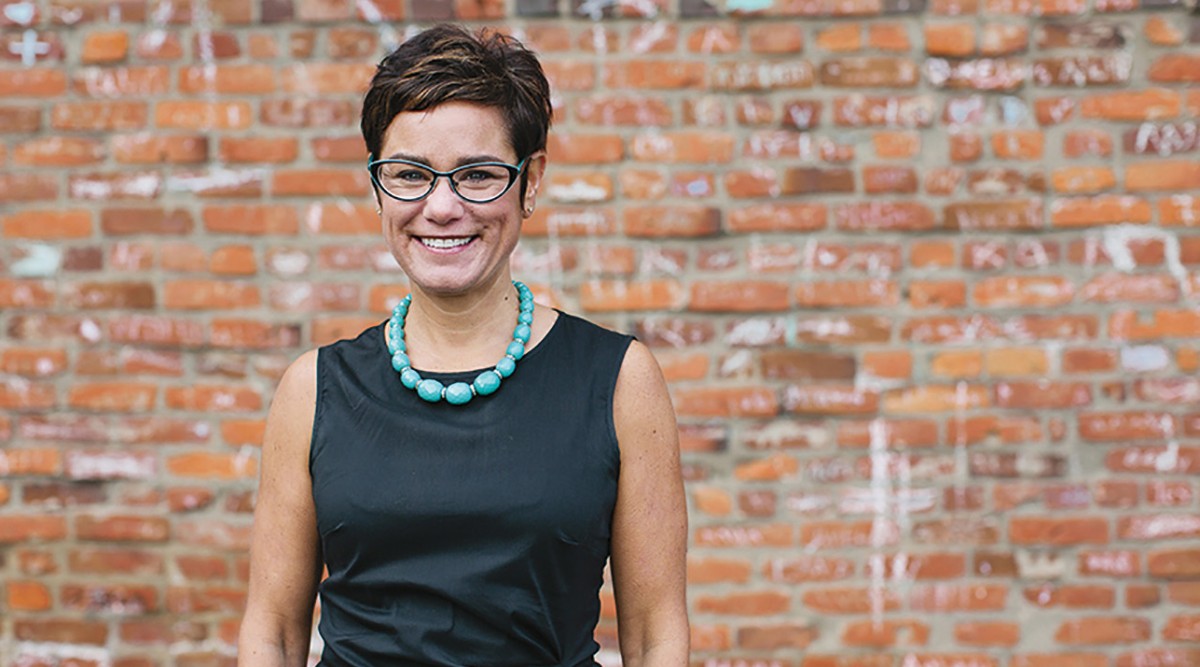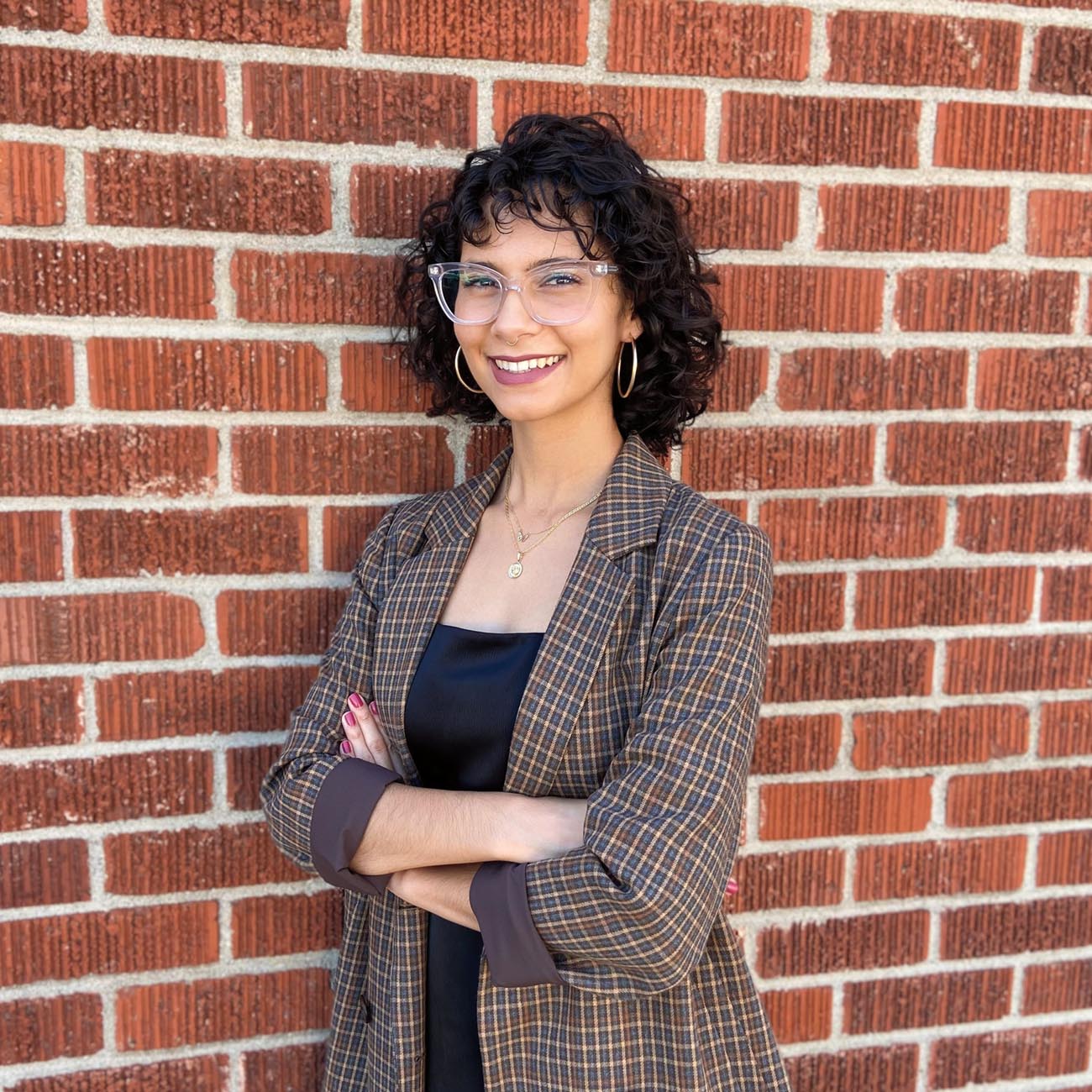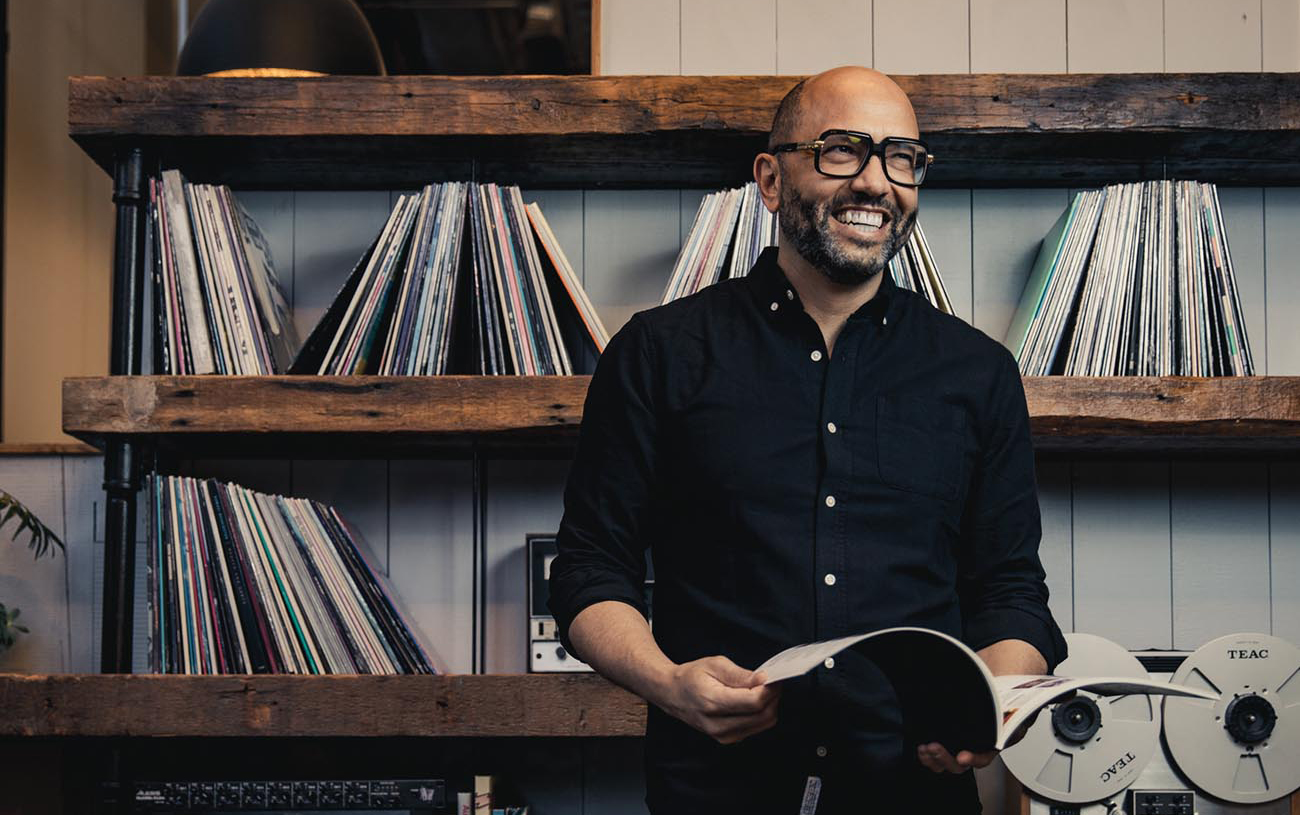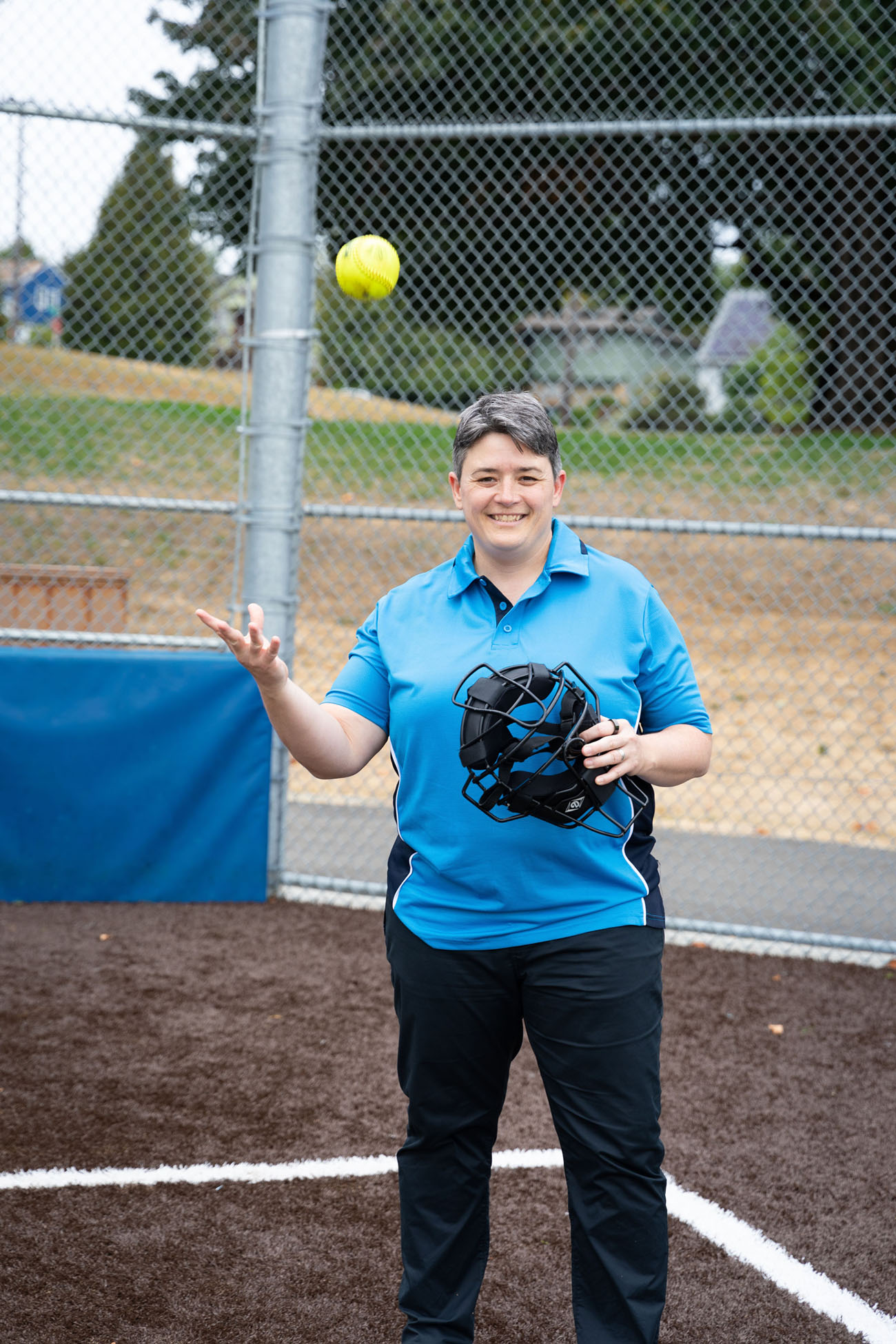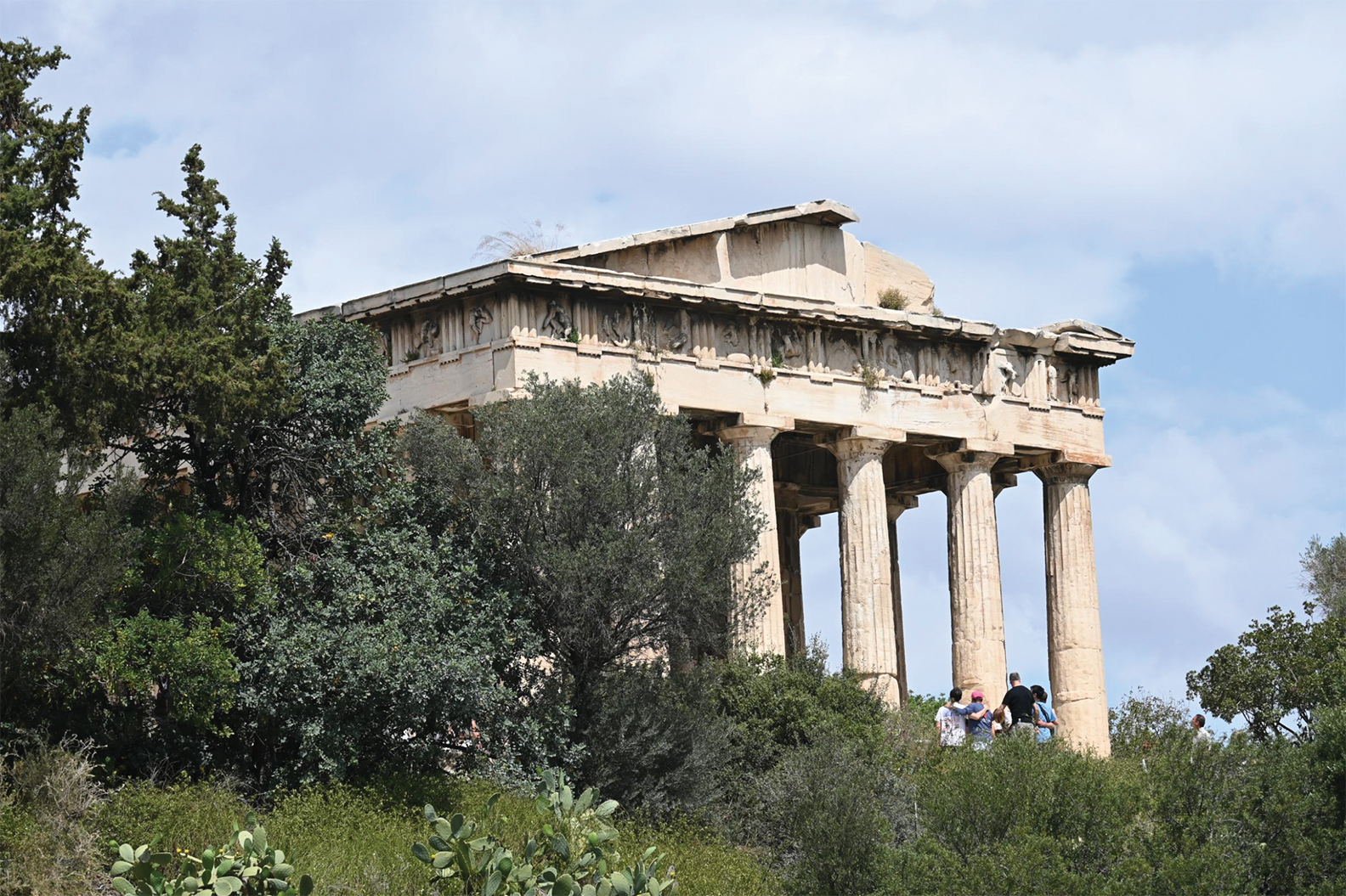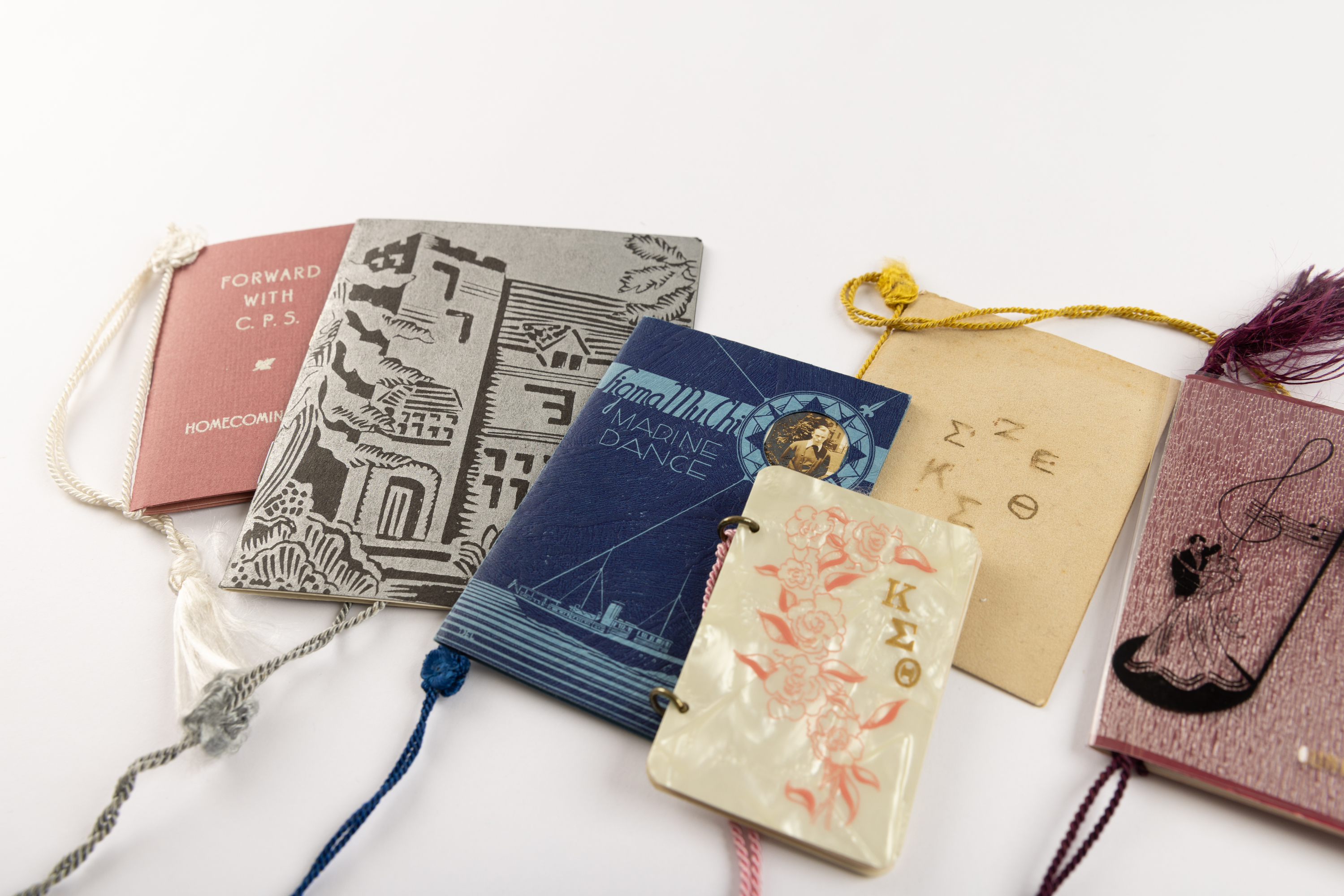I’ll be honest: I have always been disappointed with how emotional I’ve been about 9/11. My father was in World War II; practically everybody I know has been to Vietnam or Iraq or Afghanistan. And I’m a sniveling idiot for one stupid day? So, when Dr. Rose talked about PTSD and all that stuff, I didn’t buy it at first. After all, I got out of that building. I survived. My wife says that when I walked into the family room that day, there was not a mark on my clean, crisp French blue dress shirt and tie, not a mark on my pants. She had been seeing on TV people covered in dust. To outward appearances, my experience was a piece of cake. But Dr. Rose helped me see that PTSD is a real thing, and he got me to a better place.
Dr. Rose died later that year, and I spent the next seven years self-medicating and probably being a horrible husband and father. I was fed up. I just couldn’t take the commute anymore and work was not as enjoyable as it had been. And I had loved my job. I took early retirement in 2014, right before my 56th birthday, sold the house, and moved to Florida. I looked for a therapist or doctor who wasn’t just a drug pusher, and I just couldn’t bond with anybody. In January 2019, I found a counselor who I hit it off with, and she and I made some serious progress. For a while, I thought I was done with it—I felt like I had a handle on things, I wasn’t taking all kinds of pills, I wasn’t drinking all the time. I stopped seeing her last summer.
Then I had a health scare last fall and had to go into the hospital for two weeks, including exploratory surgery. The first week was the 9/11 anniversary—and because of COVID and the no-visitor policy, I spent 9/11 in the hospital alone, without my wife, without my sons. During that stay, I had a panic attack. It’s the worst thing, because you absolutely know you’re fine, and yet… I went out and found an intern and said, “I need to see a doctor and they need to get me some kind of medication. I am not being rational. I am having a panic attack.” It was hard to convince him. I said, “I’ve never felt this way. So I know I need help.” And after a very frustrating period, I finally got help, I got medication, I calmed down, and I went through the procedure. It turns out I had a tumor that was causing all kinds of other problems.
After that, I went running back to my counselor. I see her monthly now, and she’s been fabulous. She’s been my level-set. But my rock has been my wife and sons.
I sometimes think about how, immediately following 9/11, several people—my father and others—would check on me from time to time. Many of them had been in the military, and I’d be like, “For you to worry about me is ridiculous. You went through so much more of this.” They would all tell me the same thing: “It’s OK to be upset. We signed up for the military—we trained for the military. We were exposed to explosions and bomb blasts, and we knew what we were getting into.” Whereas I was just an insurance guy. I just went to work on a beautiful September day.
David Kelly ’80 lives in Naples, Fla.
